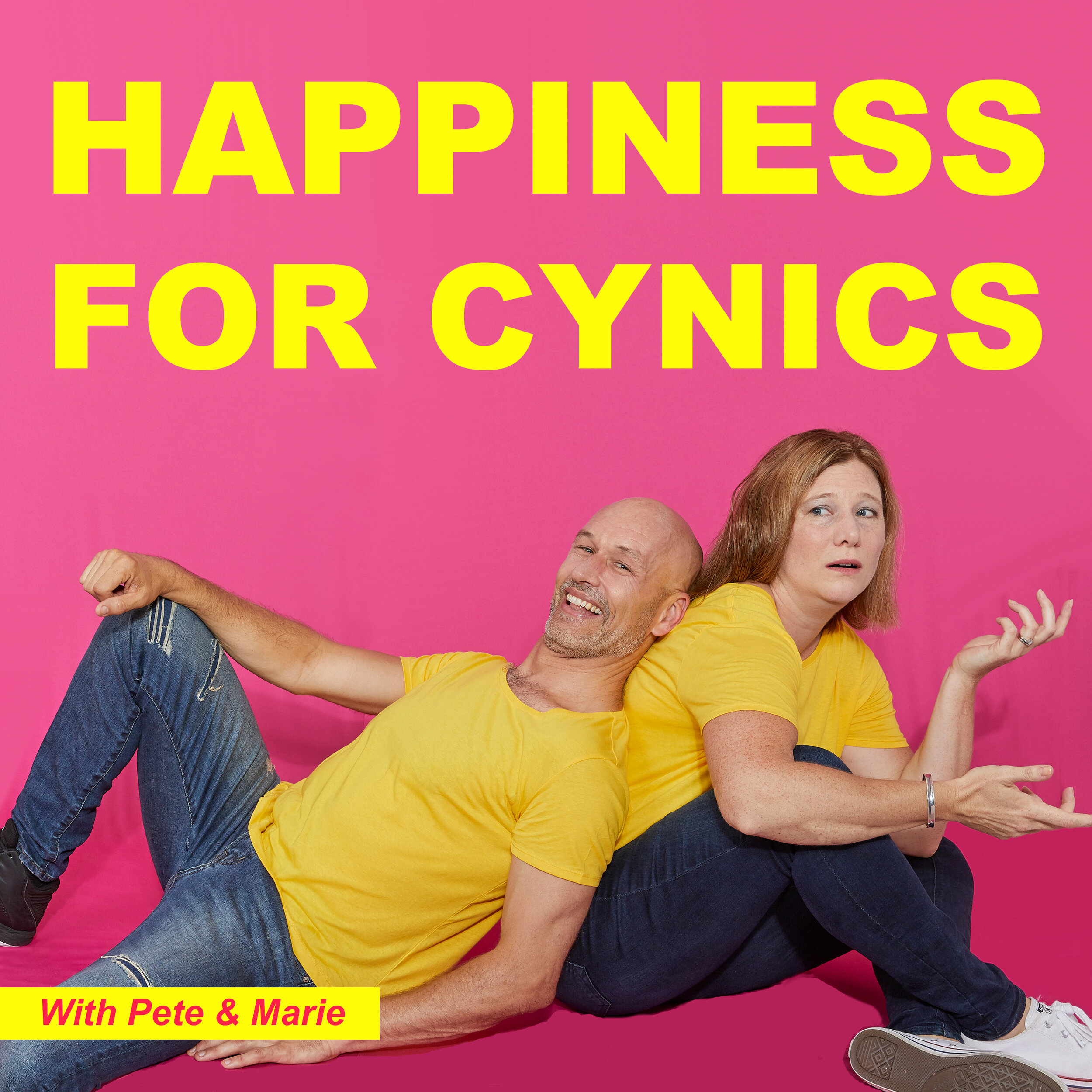We all get excited by the new year. Plans to achieve goals, set new weekly regimes and targets with sometimes unrealistic expectations. Motivation is at a high and we are re- charged with new found vigour after a few days off and a bit of time spent away from the workplace. The summer weather is pulsing down and you just want to get out there and be a part of that sunshine.
However, be mindful of your limits and your physical capacities! Its great to harness the excitement of 'going for it' and utilising all that freshly cultivated motivation, throwing on the running shoes that you got from Aunty Beryl for Christmas and setting out your weekly timetable of 6am spin classes with an added lunchtime run around the Botanical Gardens and yoga at 8:30pm. But the danger is that by going 'too hard - too quickly' can have disastrous consequences.
If you are like me - as December winds down and you are too busy running around for last minute Christmas shopping, you haven't been as regular with your exercise regime as you may have liked. Then came Christmas. With 4 roasts for lunch - 3 main meals in one day that are enough to feed a small island nation and nothing but couch surfing and beverage imbibing. Come January and actually having time on hand, I feel the compulsion to hit the pavement and get some exercise in. However, with the best of intentions, that workout on the park gym equipment seems to have got me into a spot of bother and is hurting in places where it really shouldn't.
The old adage of crawl before you walk and walk before you run is most important here. As Super Human as we like to think ourselves, every athlete or performer knows that the return to full activity needs to be GRADUATED, even after a short stint of no activity. Graduated means not just taking it slowly but taking it incrementally. Sensible and slightly measured steps to ensure that your body gets 'used to actions' before it tries to outdo previous goals.
The other point to remember is that you are going to experience pain. Yes you will be in pain from exercise, yes you are going to feel sore, but listening to your body is most important. If you are getting more than aching muscle soreness, you are in danger of asking too much of your 'Christmas Body'. Like any good equation, expenditure has to equal investment. You can't go into exercise debt. Your body just won't be up to it. It will be during exercise especially at this time when you do something that will tweak a muscle or joint. This is most dangerous as often during exercise, we won't feel the pain as our body is flushed with adrenalin. So any small twinge at this stage is a sign to STOP! not just take it easy - but STOP.
To cite an example, if you are going to run a marathon, you just can't expect to run 42km straight off the bat. It is the same with any new activity or 'return' to activity that you may have done and you need to ensure that you have a scheduled. sensible program that incrementally increases your capacity to perform and work towards that goal of 42km.
The type of exercise that you do also means that you may have to be more active with the 'remedial' stuff or 'soft' stuff to help you get back on that bike. Spending a little bit of time doing that stretching or water recovery is time well spent. And yes - that includes a good massage.
Getting good advice on programs and the types of exercises that you need to achieve goals is a great thing to get involved with at this stage. Being prepared and having a plan in place with specific skills development and even establishing what areas need strengthening/activating is the best way to utilise this new motivation that is rife at this time. Get the right people involved to advise you and help you establish the 'right' regime.
Exercise history at this time is important. What you may have been able to do once upon a time only recently, may not be the case at this point in the year. You have to be ready to get back into action sensibly! Keep in mind:
§ Make sure your goals for the new year include a scheduled plan to safely assist you to reach the lofty heights you may be setting yourself. Small steps are important.
§ Be mindful that new actions involve new types of contractions in muscles. These take time to condition and train. Make sure that muscles and joints are not adversely impacted by new actions.
§ Don't make too many commitments. If you have never committed an hour a day to exercise, you can't just expect to clock 5 hours in one day. Start small and build your vocabulary of tasks.
§ give yourself ample time to achieve goals.
So don't be over excited, put the brakes on a little and know when to seek advice. Clock those 'remedial' exercises and therapies that you know will help you and make 2013 your year. Just remember, you have a whole year to enjoy the goals!



